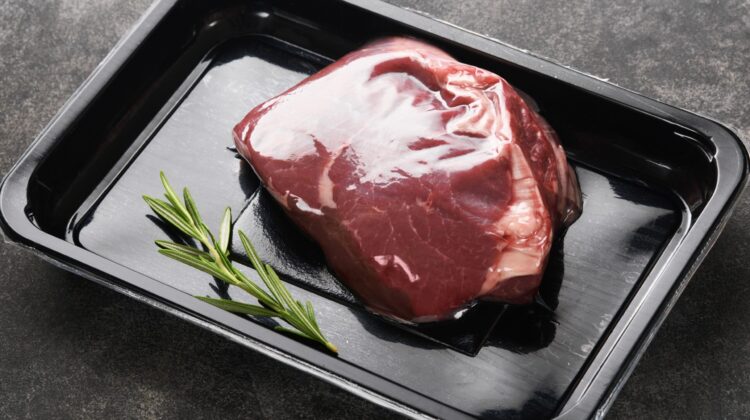
The European Union’s Circular Economy Strategy stipulates that all plastic packaging in the EU must be 100% recyclable by 2030, which has resulted in the introduction of new regulations, particularly in Spain. One current challenge is restriction on the use of recycled materials in food packaging to guarantee food safety. For example, in Spain, only recycled polyethylene terephthalate (rPET) has been authorized for post-consumer recycled (PCR) content for food packaging. In addition, flexible-PET packaging cannot be recycled using conventional mechanical technologies because of its multilayer composition.
AIMPLAS, the Plastics Technology Centre, Covinil and Eroski have launched the BOTTLE4FLEX Project to develop 100% recyclable, flexible skinpack packaging using rPET. Skinpack creates an invisible “second skin” around the product that allows consumers to examine its quality, thus improving the shopping experience with 3D presentation and easy opening. This type of packaging is attractive to consumers due to the premium product appearance and to producers and distributors for its cost-effectiveness and flexibility. However, despite its popularity and efficiency in terms of space and transport, this multilayer packaging faces difficulties for recycling.
Through innovations in chemical recycling and polymerization technologies, the project consortium aims to overcome the challenges of recycling multilayer-PET flexible packaging and promote sustainability and the efficient use of recycled materials in the food industry. The research project is funded by the Ministry of Science, Innovation and Universities and the European Union through Next Generation funds within the framework of the Recovery, Transformation and Resilience Plan.
To comply with the EU’s Circular Economy Strategy, it is crucial to carry out research and develop single-material film based on rPET. This material is widely used in trays and is currently the only one recycled in Spain, primarily for rigid packaging due to high demand that exceeds supply. This makes it necessary to develop new recycling and circularity systems for packaging waste to ensure the film’s high flexibility, barrier properties and heat-sealing capacity.
The BOTTLE4FLEX Project therefore focuses on promoting solvolysis processes for recycling and to modify the properties of PET through partial depolymerization. It also seeks to innovative technologies such as reactive extrusion, as well as monomers and additives to increase the flexibility of recycled PET. The goal is to develop efficient, sustainable methods that promote the circularity of plastics and lead to new circular production models.

